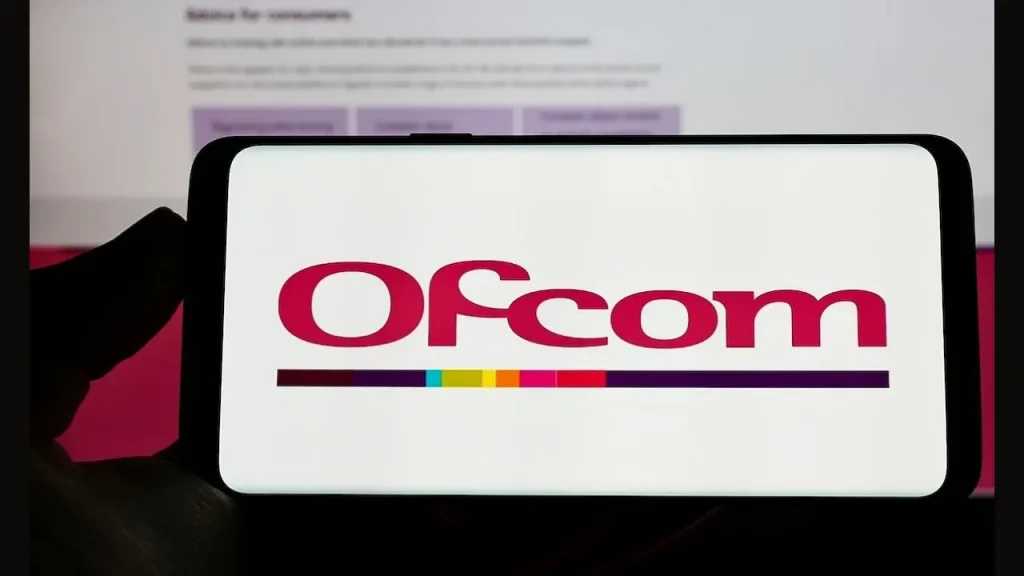- Ofcom concludes Openreach’s FTTP offer remains above cost thresholds and can proceed.
- The regulator pledges to monitor market impacts and intervene if evidence of harm emerges.
What happened: Ofcom declines investigation into Openreach’s FTTP upgrade pricing
Ofcom has officially declined calls to launch a competition investigation into Openreach’s new fibre-to-the-premises (FTTP) proactive upgrade offer. In its “open letter to industry,” the regulator notes that although rival providers flagged the scheme—and specifically the discounted rental rates for proactive migrations—the offer still sits above the cost estimates for a “reasonably efficient operator.”
The offer lets ISPs upgrade customers from copper to selected FTTP tiers (1000/115, 550/75, 330/50 Mbps) while paying Openreach the 80/20 Mbps rental price for 24 months, between 10 October 2025 and 9 April 2026. Ofcom emphasises this is narrowly targeted to proactive migrations (ISP-initiated) rather than all customer requests. It says it will use formal information-gathering powers to monitor how ISPs behave and whether any future version of the scheme demands intervention.
Also read: Ofcom launches AI strategy for telecoms and online safety
Also read: Ofcom enforces Online Safety Act
Why it is important
The decision underscores how finely balanced regulation must be when encouraging fibre upgrades while protecting market competition. Openreach’s position as the dominant wholesale provider means any offer that undercuts rivals too sharply could deter investment by alternative network operators (altnets). By insisting the price remains above the “reasonably efficient operator” threshold, Ofcom aims to allow innovation without tipping the balance unfairly.
That said, the regulator’s commitment to close monitoring shows this is not a carte blanche. If the discount scheme leads to disproportionate migrations or suppresses altnet growth, Ofcom retains the ability to step in—potentially during its upcoming decisions for the 2026–2031 regulatory period. The case highlights that transition schemes which tilt incentives (e.g. ISP-driven migration) must be designed transparently and constrained in scope. For consumers, this may help accelerate fibre uptake, but sustaining a healthy competitive ecosystem remains critical for long-term choice and investment.

